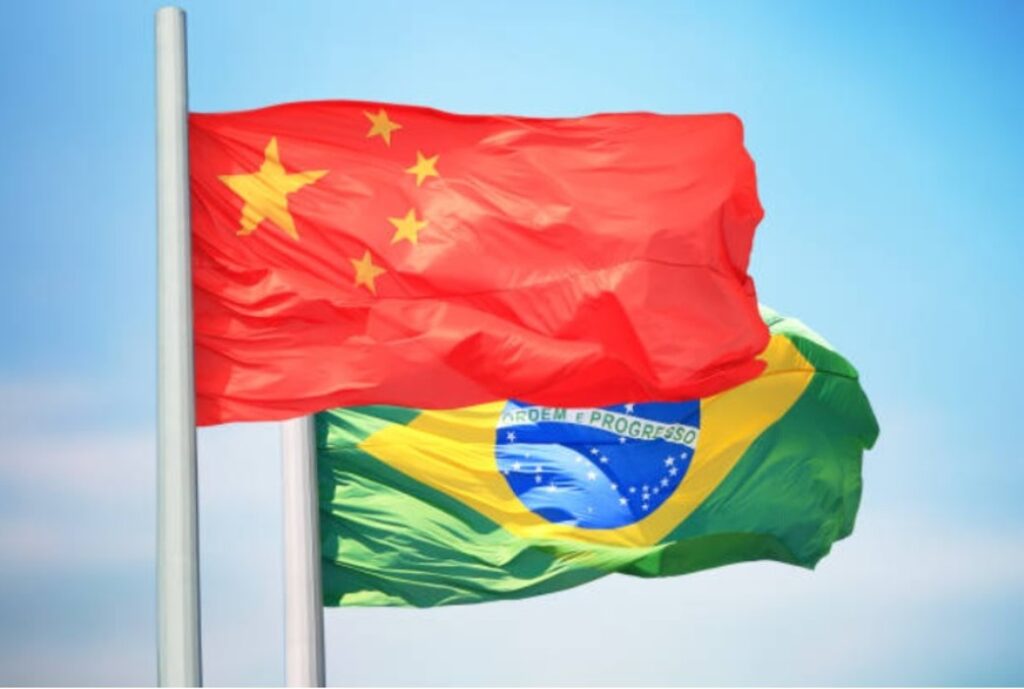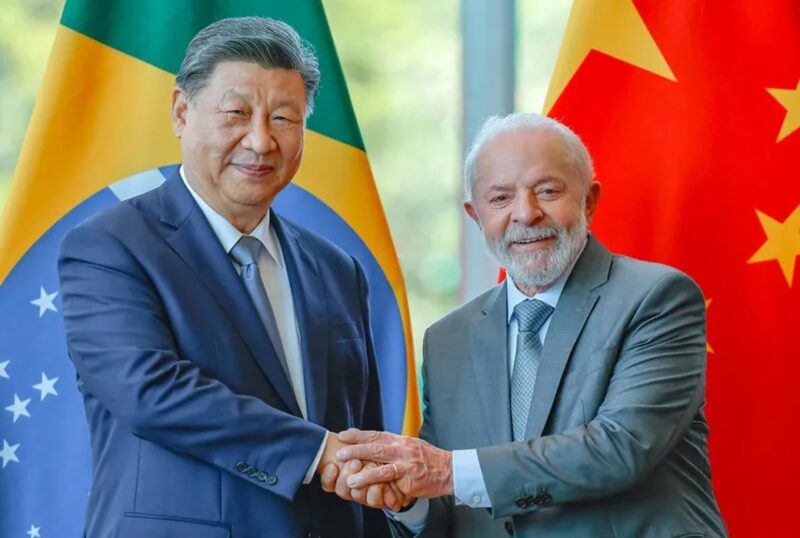BRICS members Brazil and China have officially agreed to settle cross-border payments in local currencies rather than the US dollar. Brazilian authorities support expanding the use of national currencies and are looking at opportunities to increase the payment option. The Luiz Lula da Silva administration is gearing up to end reliance on the US dollar before the upcoming summit.
Also Read: BRICS: New Country Rejects Local Currency for Oil, Wants US Dollar
BRICS: Brazil & China Look at Local Currencies For Trade Settlements


Both the BRICS members Brazil and China are drawing plans to push local currencies forward for mutual payments. Brazil’s Secretary of the Finance Ministry Tatiana Rosito said that some trade between the two countries is already being settled in national currencies and not the US dollar. Lula da Silva had previously stated that the alliance must slowly end dependency on the US dollar.
Also Read: BRICS Considers New Financial Options For Trade Settlements
“The trade in local currencies is already underway, for example, between Brazil and China,” said Rosito. She added that Brazil fully supports using local currencies and is chalking out plans to make it a reality. “No obstacles exist to that on the side of Brazil,” the official said. Read here to know how many sectors in the US will be affected if BRICS starts using local currencies for trade.
“Therefore, the goal of BRICS is to expand the use of local currencies in any way that will make it possible to reduce costs and will be of interests for association’s members,” said Rosito. She also highlighted how the BRICS bank ‘New Development Bank’ helps the alliance bypass the dominance of the US dollar.
Also Read: India Conveys to BRICS: ‘We Will Not Ditch the US Dollar’
“Opening of this bank reflects the aspiration of BRICS members to proactively participate in transformation of the economic and financial order,” using local currencies, Rosito summed it up. In conclusion, the de-dollarization agenda is alive and thriving in 2025 as the alliance members are forging new ties.





